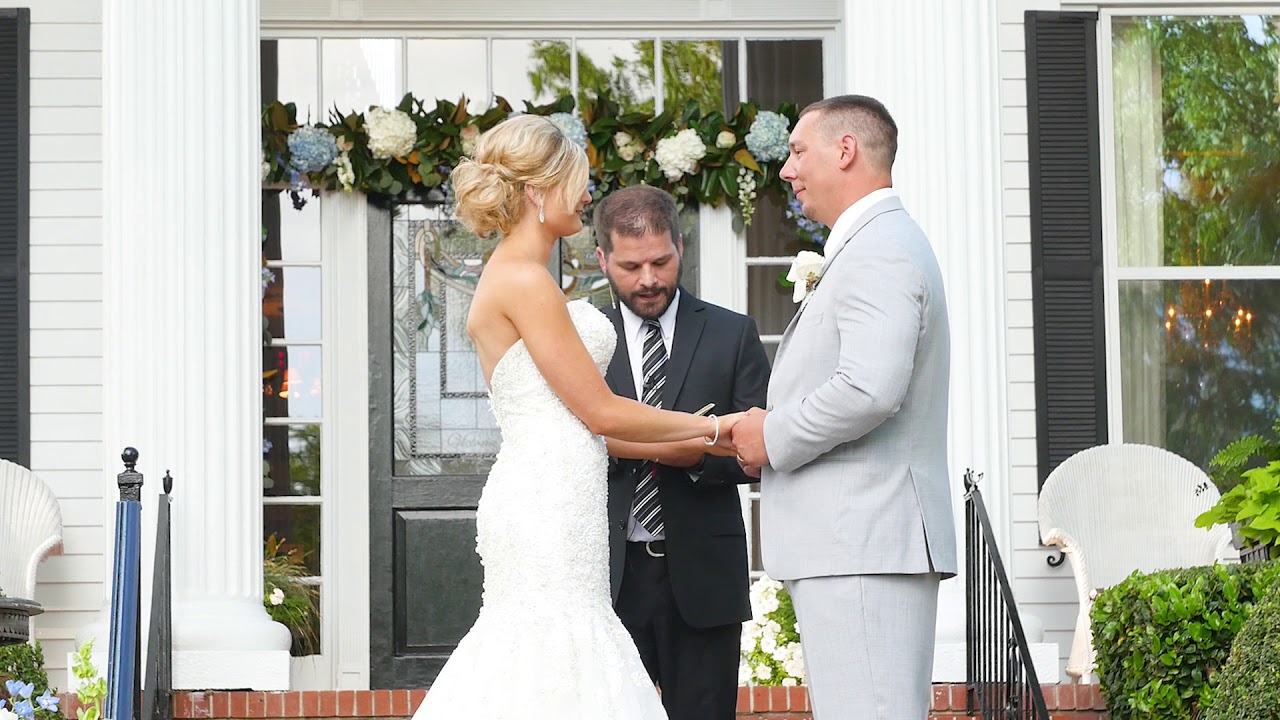When you’re looking to open your own wedding venue, you may be wondering how to get started. This guide will give you the details on finding a location, obtaining licenses and permits, and building a website to promote your business. But before you begin building a website and promoting your business, it’s important to have some basic knowledge of the wedding business. You can use this information to start your business and be successful in no time.
Finding a location
Before you start looking for locations, it is essential to know the market you are going into. If there are no wedding venues in the area, you must research the potential for your venue. For instance, no wedding venue in the area offers microweddings, or complies with COVID-19 regulations. You can also look at the directories they are listed on, and study their websites. A better website means more bookings.
After choosing the type of location you want, you must find a location that fits your budget. Some of the elements of a wedding venue are designed to maximize your budget. Take note of the number of guests allowed, and how many rooms the venue has. You don’t want to waste money on extra space, so think carefully about how the event will flow. You should also consider the type of weddings you’d like to host, including rustic barn weddings, beach-side ceremonies, and church ceremonies.
A wedding venue is a great way to start your business, and starting one is easier than you think. Wedding venues are adaptable and often present a great opportunity for investors. You don’t need to have fancy amenities, or overly elaborate decorations. You can find a great location that suits your needs, and continue to make improvements while the revenue is coming in. However, you can’t just choose any location – you should also take into account your current financial situation and credit score.
If you’re looking for a wedding venue, Instagram is an excellent resource. Use hashtags to find wedding venues in your area. Then, you can start reaching out to potential locations. By asking friends and family members for recommendations, you’ll be sure to find a venue that suits your needs and budget. This can help you book more weddings and make extra money. If you’re considering opening a wedding venue, don’t forget to research the market before starting your business.
Depending on the location and the size of your local wedding market, the cost of a property to open a wedding venue may vary. For example, a rural property may require $250,000 worth of renovations. A large city will need much more than this. If you’re looking for an outdoor location, you can look into renting a large tent. A good quality 100-person tent should cost less than five thousand dollars.
Obtaining licenses and permits
The first step in opening a wedding venue is to obtain zoning and building permits from the appropriate authorities. In many states, a wedding venue requires a banquet permit. In addition, some counties require an event building license. In St. Johns County, for example, this is required before a venue can hold weddings. It is important to consult with the relevant authorities when considering a wedding venue license, as many jurisdictions require different permits for different types of event venues.
In addition to obtaining licenses and permits, you will need to consider the age demographics of your prospective clients. Most Americans marry in their mid to late twenties. If you plan to offer weddings to young couples, you should consider whether the area has an ample population density. Otherwise, you should avoid locating a wedding venue in an area with an aging population or a small population.
The next step is to determine how much money you are willing to invest in opening your new venue. A wedding venue is a high-risk business, and you will need to be financially prepared to face the risks involved. You may also be working on weekends and holidays, so it’s important to secure a backup plan. In addition to finding the right location, you’ll need to scout for potential properties. Once you have chosen the location and have a rough budget, you can begin to find funding for your venue.
A wedding venue needs a system for guests to enter and exit. A venue management system will allow for a smooth flow of events from guest arrival to dinner service. You may also hire a venue coordinator to oversee wedding preparations. This person may also be the owner of the venue in the early days. A maitre d’ will be responsible for handling guest interactions, while an event captain will coordinate the back of the house.
Creating a website
A wedding venue is a very profitable business, especially if it is a popular location. It is important to analyze your competition and research keywords to use in your marketing campaigns. Create a social media presence, and post information about your venue on Facebook and Instagram before you hold your first event. Ensure that you have an appropriate website and a good mobile layout. You should also advertise in local wedding planner magazines.
A good wedding venue website should also include real wedding pictures. You can include wedding photos halfway down the landing page. These wedding photos depict real couples. You can choose wedding images that represent the same style as your venue and theme. Having a website can give your guests a sense of the atmosphere and style of your venue, and make it easier for them to decide if your venue is the right one for them.
A good website should include beautiful wedding photos, and provide detailed information about your venue and services. Make sure to include keywords that will get your wedding venue listed in local searches. For instance, rustic barn wedding venue keywords will get your venue found on Google. Don’t use too many plugins on your website, as they will slow it down and deter prospective site visitors. If you’re not tech-savvy, you can always ask a friend who can help you build the website.
A website can capture millennials’ preference for experiences over material goods. By including testimonials from previous clients and “real wedding stories,” your website can capture their attention. Wedding venues are perfect places for weddings, so millennials are looking for experiences over material items. They can be used to celebrating the big day and creating a memorable event. By promoting your venue through the web, you can attract a younger crowd.
Photography is a vital part of a venue’s marketing strategy. According to a study by Wedding Spot, 86% of engaged couples look at images while browsing the venue. Your website needs to feature quality images with plenty of detail. It is likely that you have access to preferred photographer vendors who will provide imagery for your site. Ideally, they will provide the photography for a negotiated fee in return for the promotion of your venue.
Marketing your business
If you’re a wedding venue, you’ve probably wondered how to market yourself. Fortunately, there are a number of ways to do so. A good place to start is to have a beautiful website. You can also use 3D rendering to create a virtual model of your venue. This method is less expensive than creating a real 3D architectural model. By using virtual animation, you can let couples virtually walk through your venue, and even stage a wedding and reception!
If you’re a wedding venue, make sure to register your business with the local newspaper and online directories. Most of your potential clients will be from your local area, so make sure to advertise in local newspapers. If you’re a multi-purpose venue, make sure your visitors know that you host weddings. If they’re not, you should still advertise in local newspapers and online directories. Once your wedding venue is listed, you can begin implementing your marketing strategy.
If your venue is a new building, be sure to use pre-construction marketing techniques. With new technology, you can begin marketing months before the actual construction begins. A 2D floor plan of the venue can even attract customers before the wedding is even planned. This type of pre-construction marketing allows you to reach more people at once, and creates a buzz for your business. You can even provide free demos of your wedding venue services for potential customers, so you can test the technology out first before investing too much time.
Posting photos of your weddings can also attract customers. Contact wedding photographers and share their work on your website. You can also use the photos on social media pages and promotional materials. Make sure to link back to your website in the bio. If possible, get wedding photographers to shoot your events. Your guests will appreciate seeing their wedding photos! That’s just one of many ways to market your wedding venue business. And don’t forget to include your website address on all of your promotional materials.
When it comes to the services you offer, try to offer more than just weddings. If you’ve already provided wedding-related services in the past, tie in those services. If you don’t, focus on finding new wedding clients and building your business plan accordingly. Whether you want to offer wedding-related services or merely offer catering and food, your business plan should reflect this. When you’ve gathered enough information, you can start marketing your wedding venue business to attract more customers.


